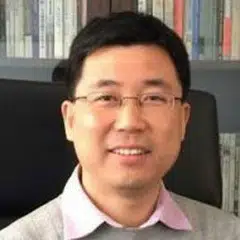
Qi Dongtao
Senior Research Fellow, East Asian Institute, National University of Singapore
Qi Dongtao is Senior Research Fellow at the East Asian Institute, National University of Singapore. He obtained his PhD in Sociology from Stanford University and conducts research mostly in the field of political sociology, especially on state-society relations and nationalism in Taiwan and mainland China, and US-China-Taiwan relations. His writing has appeared in China Quarterly, Journal of Contemporary China, Issues & Studies, China: An International Journal, International Journal of China Studies, East Asian Policy and others. He is the author of The Taiwan Independence Movement in and out of Power, and has also written various chapters on China's working class and trade unions, Chinese think tanks, Taiwan's politics, social movements and social welfare system. He has co-edited three books on China's social policies and social transformation, and written commentaries on issues involving Taiwan, China, the US, Hong Kong, and the South China Sea in Lianhe Zaobao, Straits Times, and online journals and media, such as Taiwan Insight, Channel News Asia and ThinkChina. Sponsored by the China-US Scholars Program, he was a visiting scholar at the 21st Century China Center, University of California, San Diego, from September 2021 to May 2022.